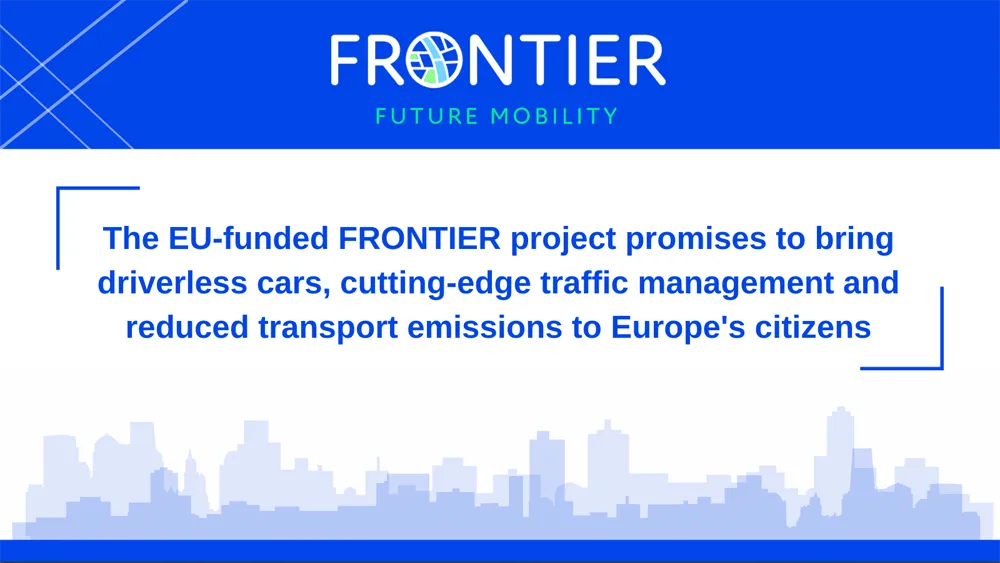Urban mobility is high on the infrastructure agenda in Mexico. While highways continue to be a priority, capital Mexico City and other large cities across the country are looking to implement mass transport systems such as bus rapid transit (BRT) lines.
May 3, 2012
Read time: 2 mins
Urban mobility is high on the infrastructure agenda in Mexico. While highways continue to be a priority, capital Mexico City and other large cities across the country are looking to implement mass transport systems such as bus rapid transit (BRT) lines. At the heart of Mexico City's transport policy is a contradiction that is typical of the country as a whole. The government is spending big on line 12 of the metro system and has introduced the first Metrobús BRT line in the country, but continues to concession the construction and operation of large tollroads, including the controversial Supervía Sur-Poniente highway.
Business News Americas spoke with Salvador Herrera, executive director of the4182 Centre for Sustainable Transport (CTS), a non-profit organisation supporting sustainable transport, about the elements of a sustainable transport system, the structural limitations affecting policy implementation and Mexico City's addiction to the car. Herrera said, "The most important topic for 2012 will be the creation of an integrated public policy that benefits both mobility and urban development."
Mexico’s big cities face mobility challenges, including the construction of more highways and improved public transport. Herrera said, “The centre's focus is on an integrated transport system. For the last few decades the country has focused on infrastructure dedicated to the car. We want to challenge this paradigm so that infrastructure is directed at different forms of mobility. This includes prioritising modes of transport that contaminate less, and move more people in a safe and efficient manner.”
Business News Americas spoke with Salvador Herrera, executive director of the
Mexico’s big cities face mobility challenges, including the construction of more highways and improved public transport. Herrera said, “The centre's focus is on an integrated transport system. For the last few decades the country has focused on infrastructure dedicated to the car. We want to challenge this paradigm so that infrastructure is directed at different forms of mobility. This includes prioritising modes of transport that contaminate less, and move more people in a safe and efficient manner.”







